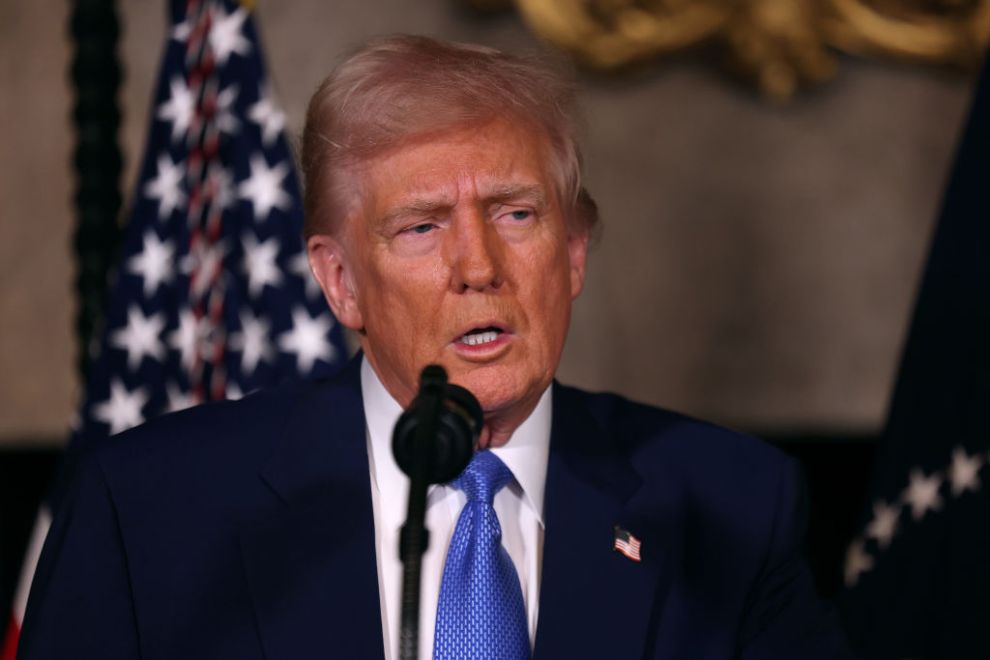On April 28, 2025, President Donald Trump signed an executive order mandating that all commercial truck drivers in the United States demonstrate English proficiency. The order aims to enhance road safety by ensuring drivers can effectively communicate with law enforcement and understand road signage.
Implementation and Enforcement
The executive order, set to take effect on June 27, 2025, requires truck drivers to pass an English literacy test. This test assesses their ability to read road signs, converse with officials, and complete necessary documentation. Drivers failing to meet the standards may face fines starting at $500 for the first offense and up to $1,000 for subsequent violations. In some cases, non-compliant drivers could be placed out of service .
Transportation Secretary Sean Duffy emphasized the importance of the measure, stating, “Language barriers pose public safety risks, and English proficiency is essential for effective communication with traffic authorities and understanding road signage.”
Support and Criticism
The order has garnered support from major trucking organizations. The American Trucking Association (ATA) and the Owner-Operator Independent Drivers Association (OOIDA) argue that enforcing English proficiency is vital for safety and communication with law enforcement and the public.
However, the order has also faced criticism. Some drivers express concerns that the new requirements could disqualify experienced drivers who initially received licensing without meeting the English standards. Yoman Rivera, a truck driver, stated, “This law could drive experienced workers out of the industry and ultimately harm consumers due to delayed shipments.”
Additionally, critics argue that the order may disproportionately affect immigrant communities and those who have relied on language assistance programs. Roman Palomares, head of the League of United Latin American Citizens, commented, “Declaring English as the only official language directly contradicts the vision of our Founding Fathers. America thrives when we embrace inclusivity, not when we silence the voices of millions who contribute to its success.”
Broader Context
This executive order follows Trump’s earlier directive in March 2025, which designated English as the official language of the United States. That order rescinded a mandate from former President Bill Clinton requiring federal agencies to provide language assistance to non-English speakers.
The administration asserts that these measures promote unity and streamline government operations. However, opponents argue that such policies may marginalize non-English-speaking communities and hinder their access to essential services.
As the enforcement date approaches, the trucking industry and advocacy groups continue to debate the implications of the new English proficiency requirements for drivers.

